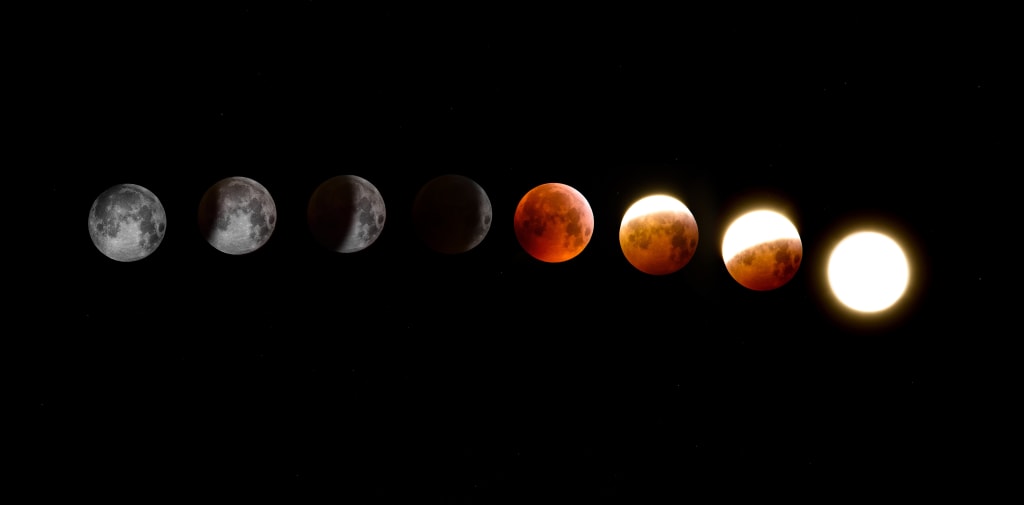Astrology: The language of the universe
What is Astrology? And the Different Types of Astrology Systems

Astrology is an ancient practice that has been used to study the movements and positions of celestial objects, and their influence on human affairs. The practice of astrology has evolved over thousands of years, with various cultures and traditions developing their own unique systems of astrology. In this article, we will explore some of the different types of astrology systems that exist.
Western Astrology
Western astrology, also known as Hellenistic astrology, is one of the most popular forms of astrology today. It originated in ancient Greece and has been influenced by the teachings of the Babylonians and Egyptians. Western astrology is based on the tropical zodiac, which divides the sky into 12 equal sections, each associated with a particular zodiac sign.
Western astrology places a strong emphasis on the position of the sun at the time of a person’s birth, as well as the position of the other planets. The interpretation of a birth chart in Western astrology takes into account the aspects and angles between these celestial bodies, and their influence on a person’s personality, relationships, and life path.
Vedic Astrology
Vedic astrology, also known as Jyotish, is a traditional form of astrology that originated in ancient India. It is based on the sidereal zodiac, which takes into account the position of the stars at the time of a person’s birth.
Vedic astrology places a strong emphasis on the placement of the moon in a person’s birth chart, as well as the positions of the other planets. The interpretation of a birth chart in Vedic astrology takes into account the houses and nakshatras (lunar mansions) in which the planets are located, and their influence on a person’s personality, relationships, and life path.
Chinese Astrology
Chinese astrology is an ancient system of divination that has been practiced in China for thousands of years. It is based on the lunar calendar, which is divided into 12-year cycles, with each year associated with a particular animal sign.
Chinese astrology places a strong emphasis on the five elements (wood, fire, earth, metal, and water), and the ways in which they interact with each other. The interpretation of a birth chart in Chinese astrology takes into account the position of the moon and the five elements, and their influence on a person’s personality, relationships, and life path.
Mayan Astrology
Mayan astrology is an ancient system of divination that was developed by the Mayan civilization in Central America. It is based on the Mayan calendar, which is divided into 13-day periods known as trecenas.
Mayan astrology places a strong emphasis on the cycles of nature, and the ways in which they influence human affairs. The interpretation of a birth chart in Mayan astrology takes into account the trecena in which a person is born, as well as the influence of the ruling deity associated with that trecena.
Egyptian Astrology
Egyptian astrology is an ancient system of divination that was developed by the ancient Egyptians. It is based on the Egyptian calendar, which is divided into 12 months, each associated with a particular god or goddess.
Egyptian astrology places a strong emphasis on the symbolism of the gods and goddesses, and their influence on human affairs. The interpretation of a birth chart in Egyptian astrology takes into account the influence of the ruling god or goddess associated with a person’s birth month, as well as the positions of the other planets.
Conclusion
Astrology is a vast and complex subject, with many different systems and traditions that have developed over thousands of years. Each system of astrology offers its own unique insights into the ways in which celestial objects influence human affairs.





Comments
There are no comments for this story
Be the first to respond and start the conversation.